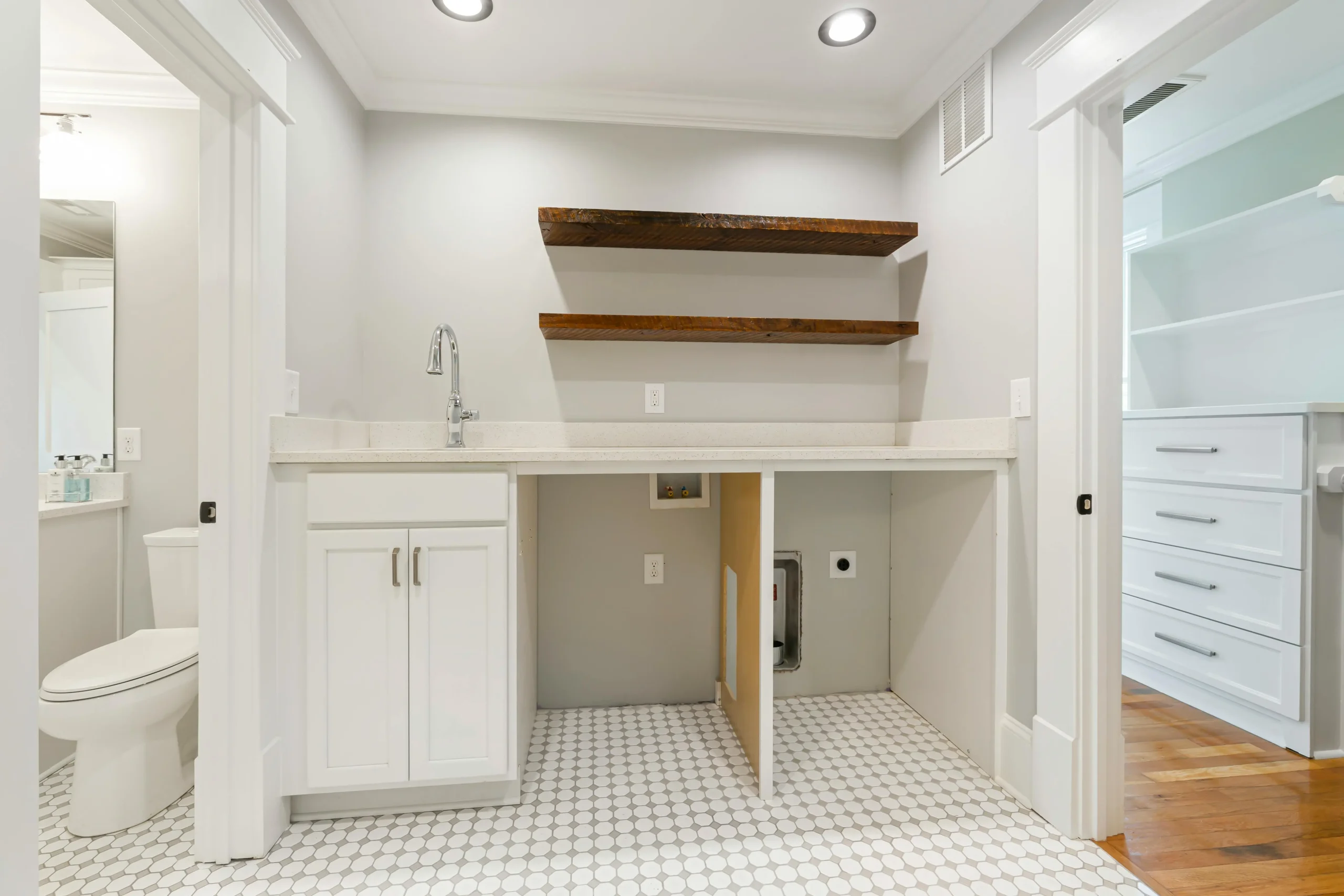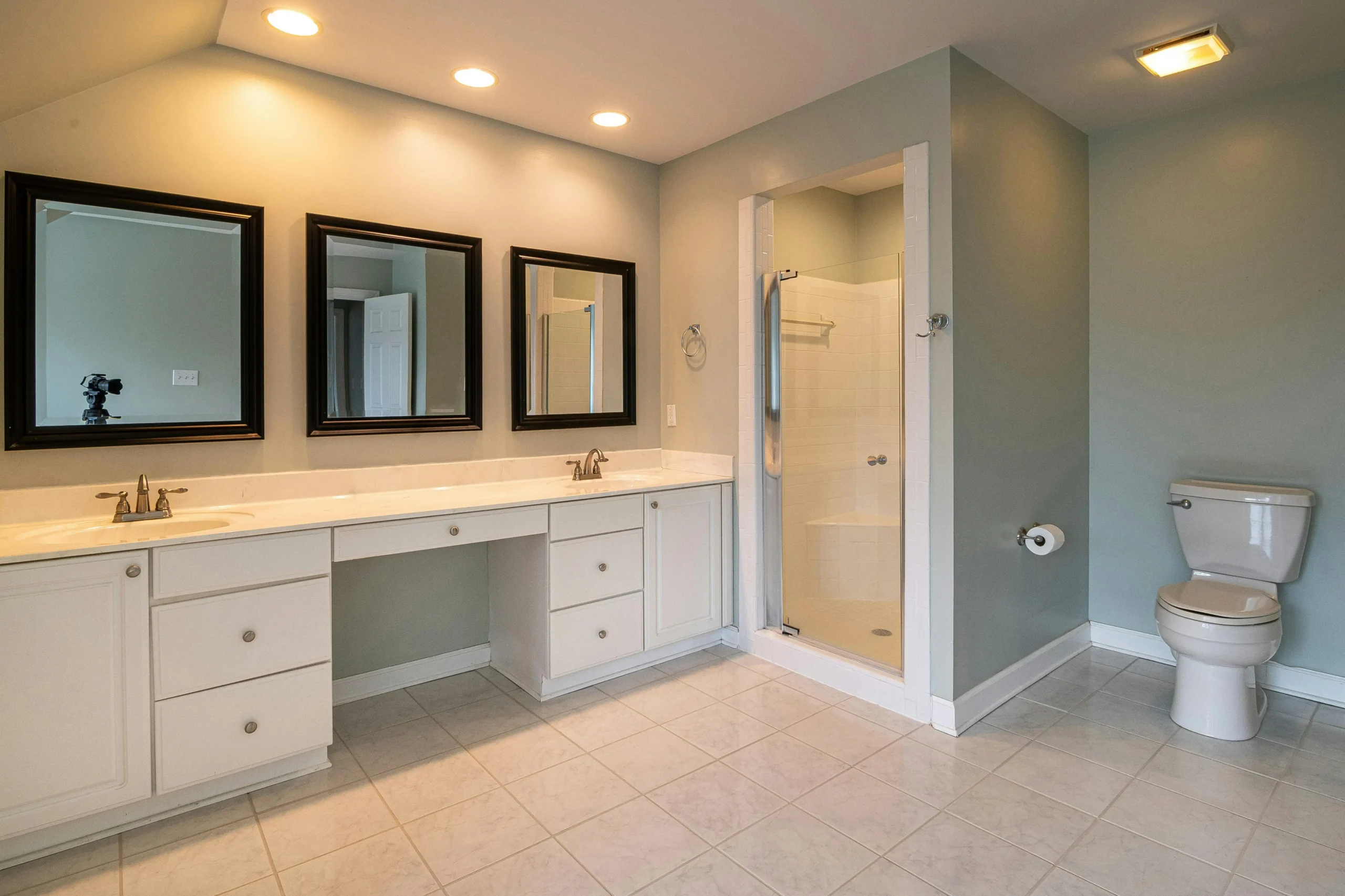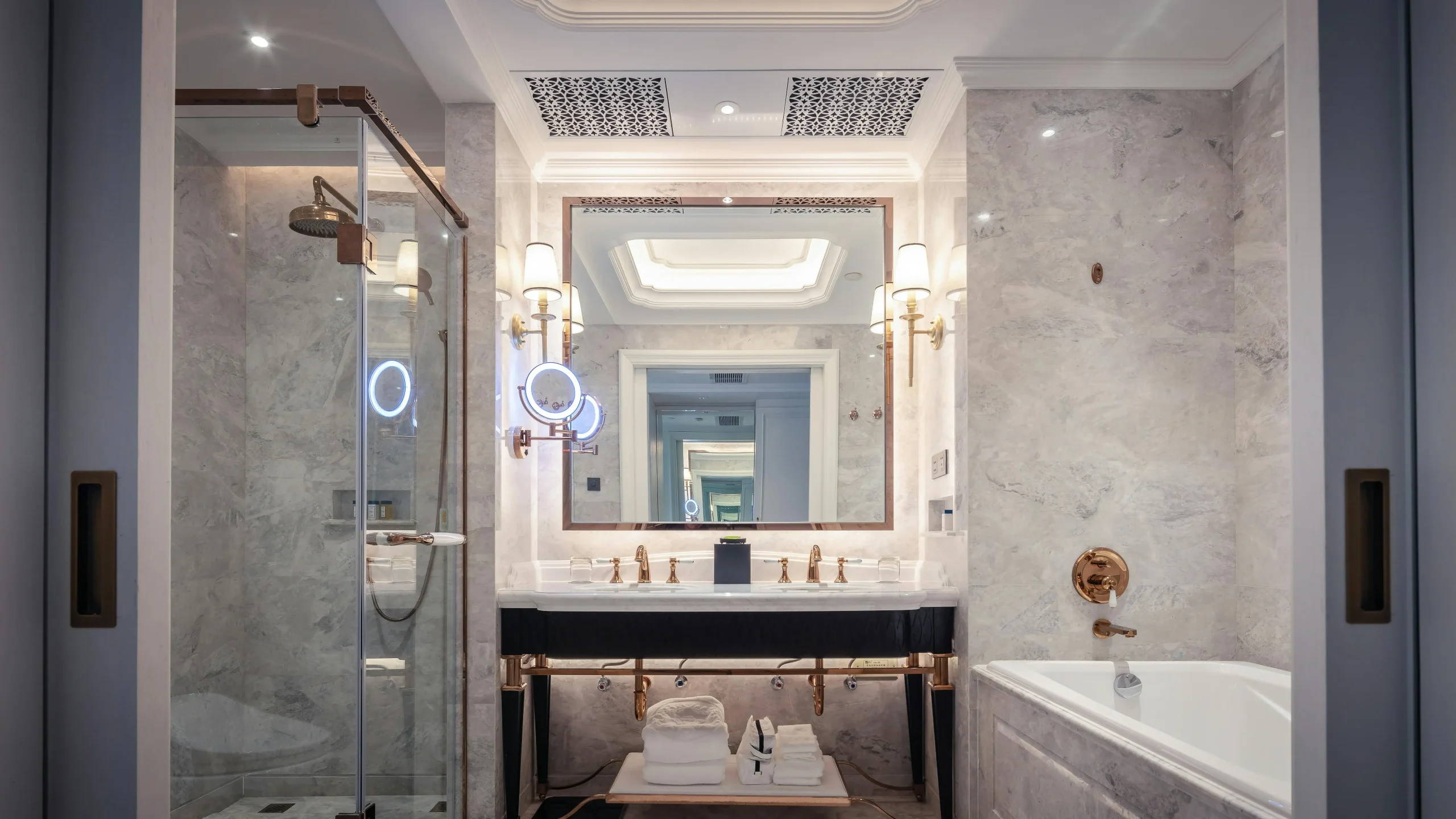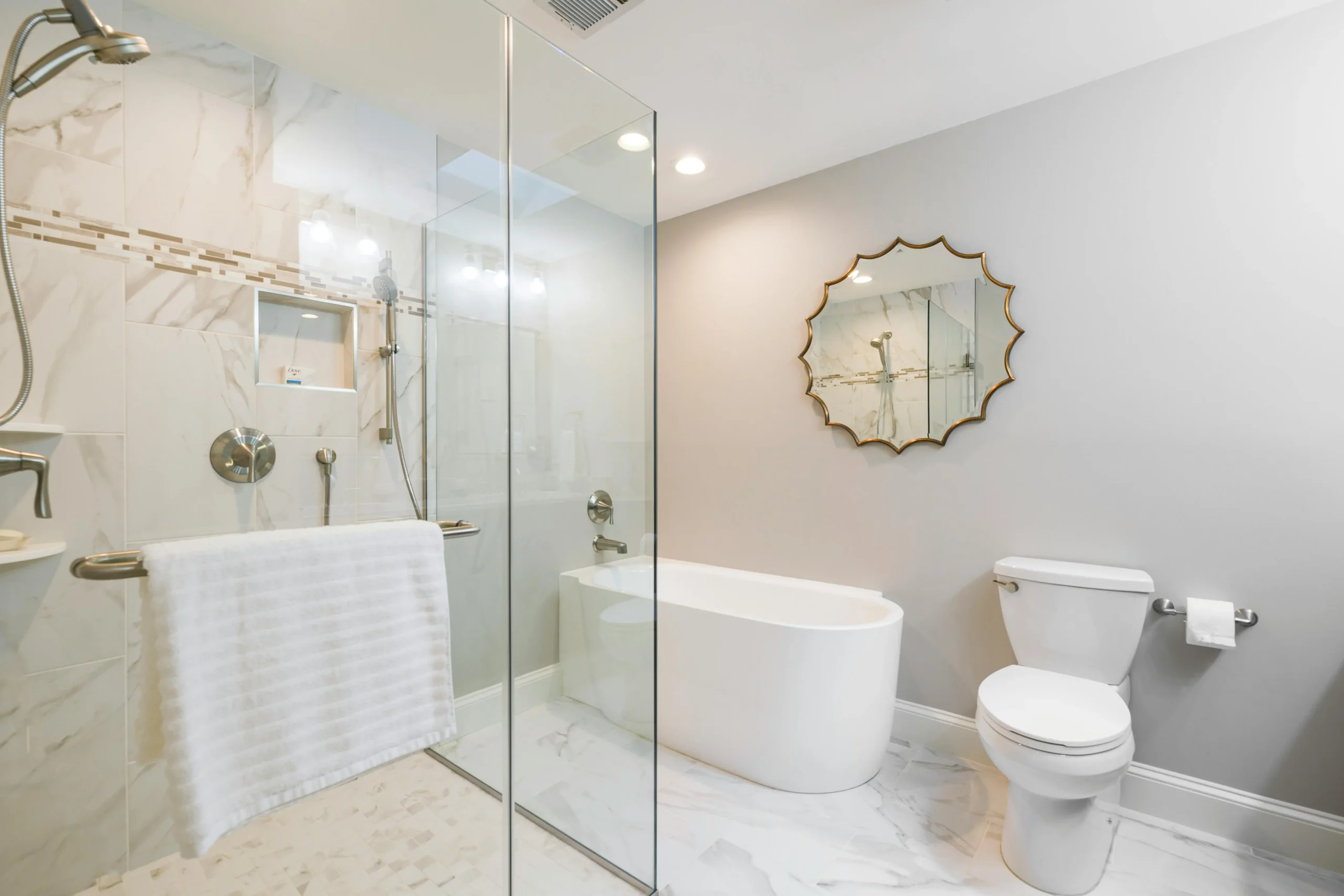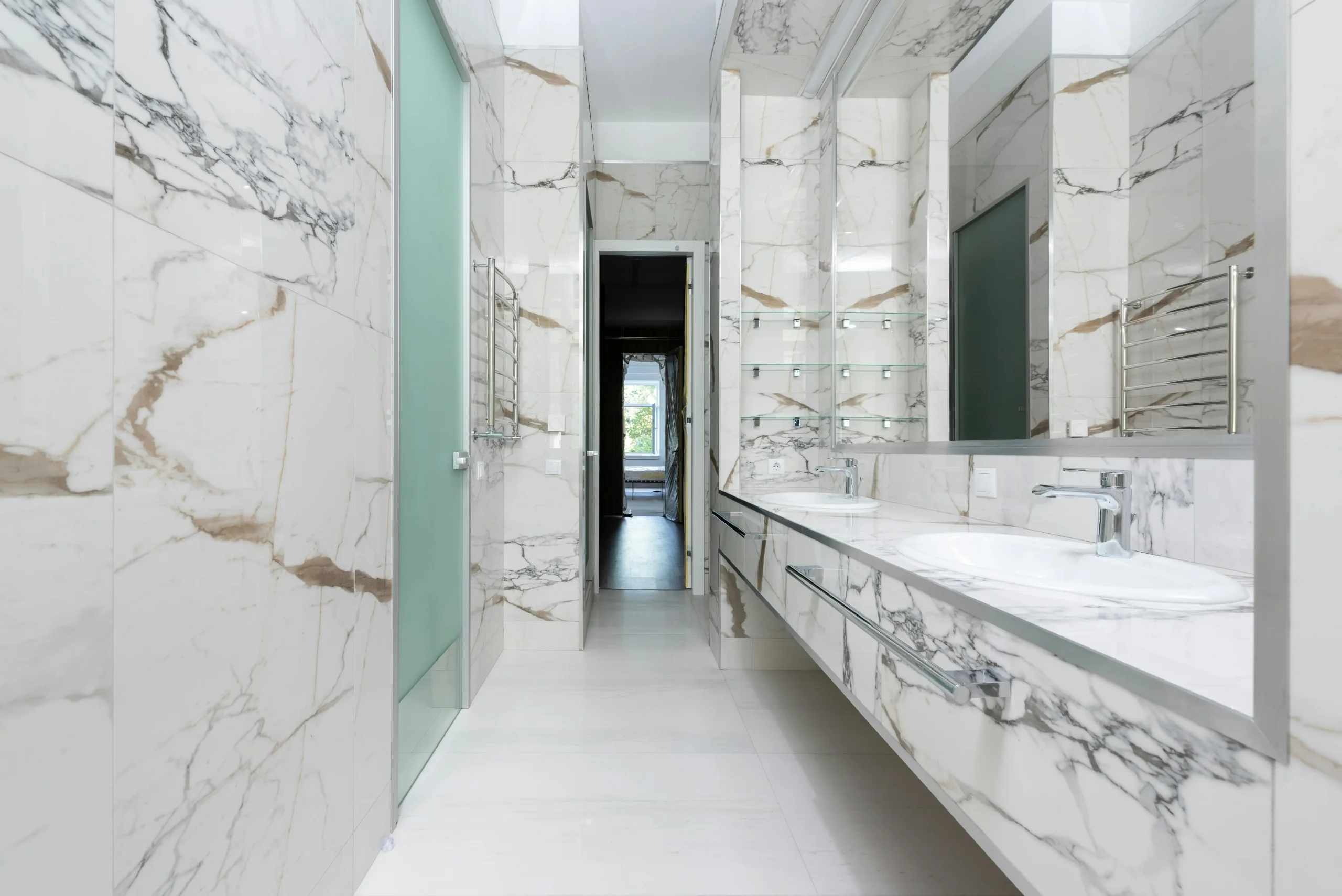Breaking Down Peoria Kitchen Remodel Costs
When undertaking a kitchen remodel in Peoria, understanding the breakdown of costs is crucial. The overall cost of remodeling a kitchen can vary widely depending on the extent of the renovation, the quality of materials, and the complexity of the project. Key components like cabinetry, countertops, and appliances play a significant role in determining the total cost. Labor costs, which can vary depending on the complexity of the work and the experience of the contractors, are another important consideration. Additionally, costs may fluctuate based on local material prices and the overall scope of the project, whether you’re just refreshing the look or doing a complete overhaul. Using a cost calculator can help homeowners better understand the financial commitment involved and assist in planning accordingly. It’s important to set a realistic budget that includes both the materials and labor, along with any unexpected expenses that may arise. For a smooth remodeling experience, getting multiple quotes from reputable contractors ensures competitive pricing and value for money.
Factors Influencing Remodeling Costs
Several factors influence the overall cost of a kitchen remodel in Peoria, and being aware of these can help homeowners make informed decisions. The quality and style of cabinetry are significant cost drivers, as custom or high-end cabinets tend to increase the budget. Similarly, selecting premium materials like marble or quartz for countertops will raise the overall cost compared to more budget-friendly alternatives. The complexity of the remodel also plays a crucial role—if structural changes are required or plumbing and electrical systems need updating, this can add unexpected costs to the project. Labor costs are another essential factor, as skilled professionals are necessary to ensure that the remodel is executed with precision. The project scope, design choices, and materials selected all contribute to the final price. To avoid budget overruns, it’s advisable for homeowners to consult with remodeling professionals who can provide detailed estimates and help prioritize changes to stay within financial limits.
Material Costs for Major Kitchen Renovations
Material selection is one of the biggest factors that influence the overall cost of a kitchen remodel in Peoria. Cabinetry alone can account for a large portion of the budget, with custom cabinets generally costing more than pre-fabricated or stock options. Countertop choices like granite, marble, or quartz can increase costs due to their durability and aesthetic appeal. Backsplashes, flooring, and appliances are other critical areas where homeowners can either save or splurge, depending on their style preferences and functional needs. Luxury finishes, such as high-end flooring materials or custom-made backsplash tiles, add to the total cost but can significantly enhance the kitchen’s look and feel. When considering material costs, it’s important to keep in mind the long-term value and functionality of the items chosen, as this often impacts the return on investment in future resale value.
Peoria Labor Costs for Kitchen Remodels
Labor costs are a significant part of the total cost of any kitchen remodel. The complexity of the work required, as well as the experience and skill level of the contractor, directly affect these costs. For example, a simple kitchen update with minimal changes might require fewer labor hours, while a complete overhaul that includes plumbing, electrical, and structural work will involve more time and a higher level of expertise. Labor costs in Peoria can also fluctuate depending on demand, with peak seasons often leading to higher rates. It’s essential for homeowners to carefully vet contractors and get multiple quotes to ensure they are receiving fair pricing for the labor involved. Remember, skilled labor is an investment that can prevent mistakes and ensure the remodeling project is done to the highest standards. An experienced contractor will provide an accurate estimate of labor costs and timeframes, helping you to budget accordingly.
Kitchen Remodel Cost Guide for Beginners
For homeowners in Peoria new to kitchen remodeling, understanding the key cost elements is vital. This guide helps break down the primary components that affect your overall remodel budget, such as cabinetry, countertops, appliances, and labor. The first step in any kitchen remodel is setting a clear budget based on your goals for the space. A kitchen remodel can range from a simple cosmetic upgrade to a complete overhaul, and costs will vary accordingly. Homeowners should carefully prioritize their project, selecting the elements that will have the most impact while staying within budget. Consulting with professionals can help set realistic expectations and avoid surprises during the project. A cost calculator tailored to Peoria’s market can give you a clearer picture of what to expect. This guide will provide essential insights into balancing your design vision with your financial reality, helping to make your kitchen remodel a success.
Budgeting Tips for Kitchen Remodels
Effective budgeting is key to a successful kitchen remodel in Peoria. To keep costs under control, start by defining your project’s scope and prioritizing which elements of your kitchen need upgrading. Focus on high-impact areas like countertops and cabinetry, which can transform the space without requiring a full-scale renovation. If you’re working within a budget, consider alternatives like refinishing cabinets or opting for more affordable countertops, such as laminate or butcher block. Researching materials and comparing quotes from multiple contractors ensures that you get the best value for your money. Additionally, be prepared for unforeseen expenses by setting aside a contingency fund—typically 10-20% of the total budget—to cover unexpected costs that may arise during the remodel. By planning ahead, sticking to your priorities, and consulting with remodeling professionals, you can achieve a stunning kitchen without exceeding your financial limits.
High-End vs. Budget Kitchen Remodel: Cost Differences
When choosing between a high-end or budget kitchen remodel, the cost differences can be substantial. High-end remodels typically involve premium materials, custom cabinetry, and high-tech appliances, leading to higher costs. These upgrades provide a more luxurious look and feel, and may also increase the home’s resale value, but they require a larger upfront investment. Budget remodels, on the other hand, focus on cost-effective solutions such as refacing cabinets, choosing affordable countertops, and utilizing ready-made, stock cabinetry. While a budget remodel may not feature luxury finishes, it can still significantly improve the look and functionality of your kitchen. Homeowners should weigh the potential return on investment, especially if they plan to sell the home in the near future. Understanding these differences helps homeowners make informed decisions about how much they want to invest in their kitchen remodel while balancing their needs and budget.
Impact of Kitchen Size on Remodel Cost
Kitchen size is a major determinant of remodel costs in Peoria. Larger kitchens require more materials, more labor, and more time to complete, which naturally leads to higher costs. For instance, a large kitchen will need more cabinetry, more flooring, and a greater amount of countertop space, all of which increase the overall price. However, the cost per square foot may be lower for larger kitchens since some materials and labor can be spread over a larger area. On the other hand, smaller kitchens might seem like they would cost less to remodel, but due to the need for custom solutions or compact designs, the cost per square foot can be higher. Kitchen size also influences the complexity of the design, such as the number of cabinets or the layout adjustments needed. Understanding how the size of your kitchen impacts the remodeling costs helps you better plan your budget and set realistic expectations.
Average Price of Kitchen Remodels by Region
The cost of a kitchen remodel can vary greatly by region, and Peoria is no exception. Local factors such as labor rates, material costs, and market demand will influence the overall price of your remodel. In Peoria, homeowners may face different pricing scenarios compared to other areas in Arizona, particularly those with more affluent neighborhoods like Scottsdale. Typically, kitchen remodels in Peoria can range from simple cosmetic updates to complete overhauls, with prices fluctuating based on the project scope and design choices. By understanding the average costs specific to the Peoria market, homeowners can better plan and allocate their remodel budgets. It’s important to consider both the immediate costs and the long-term value a remodel can add to your home, making sure to tailor your project to match local pricing trends and available options.
FAQs: Understanding Major Kitchen Value
Understanding the key elements that contribute to a kitchen’s overall value is critical for homeowners looking to remodel. This section delves into the various factors that influence kitchen value, including design, materials, functionality, and overall aesthetics. High-quality finishes, like granite countertops and custom cabinetry, can significantly boost a kitchen’s value. Additionally, an efficient layout that maximizes storage and flow will make the kitchen more functional, which is highly valued by prospective buyers. Choosing design elements that align with current trends and buyer preferences in Peoria will further enhance the potential resale value of your kitchen. A well-executed remodel, whether high-end or budget-friendly, can deliver a substantial return on investment by improving both the look and functionality of the kitchen. Proper planning, thoughtful design choices, and attention to detail are key to maximizing your remodel’s value.
What Can I Expect for Return on Investment?
The return on investment (ROI) for a kitchen remodel in Peoria can vary based on the extent of the renovation, materials chosen, and how well the remodel aligns with buyer expectations. On average, kitchen remodels provide a strong ROI, with the potential to increase the value of your home by anywhere from 50% to 80% of the remodel’s cost. High-end remodels that feature premium materials and custom cabinetry can add significant value to the property, while more budget-conscious remodels can still provide a good return by enhancing the kitchen’s functionality and appeal. The key to maximizing ROI is ensuring that the remodel reflects the current market trends and meets the expectations of potential buyers. By working with experienced professionals like R for Remodelers, homeowners can make informed decisions that balance cost with the potential for increased home value.
Frequently Asked Questions
Is $30,000 enough for a kitchen remodel?
Yes, $30,000 is generally enough for a mid-range kitchen remodel. It can cover new cabinets, countertops, and appliances that are of good quality, and even allow for some customization. However, if you are looking to incorporate luxury items or extensive custom features, this budget may fall short.
What is a good budget for a kitchen remodel?
A reasonable budget for a kitchen remodel is typically 10-15% of your home’s value. For most homes, this translates to about $12,000 to $35,000 for standard remodels, with high-end remodels costing $50,000 or more, especially when custom features or premium materials are involved.
What is the average cost of a brand new kitchen?
A brand new kitchen typically costs between $25,000 and $50,000, depending on the size of the space and the quality of materials. A basic remodel might cost closer to $15,000, while a larger, upscale kitchen with custom features and high-end appliances could easily exceed $50,000.
What is the most expensive part of a kitchen remodel?
The most expensive part of a kitchen remodel is usually cabinetry, which can account for 20-40% of the total budget. Other significant costs include high-end appliances, countertops, and custom fixtures, all of which can add substantially to the overall price of the project.

